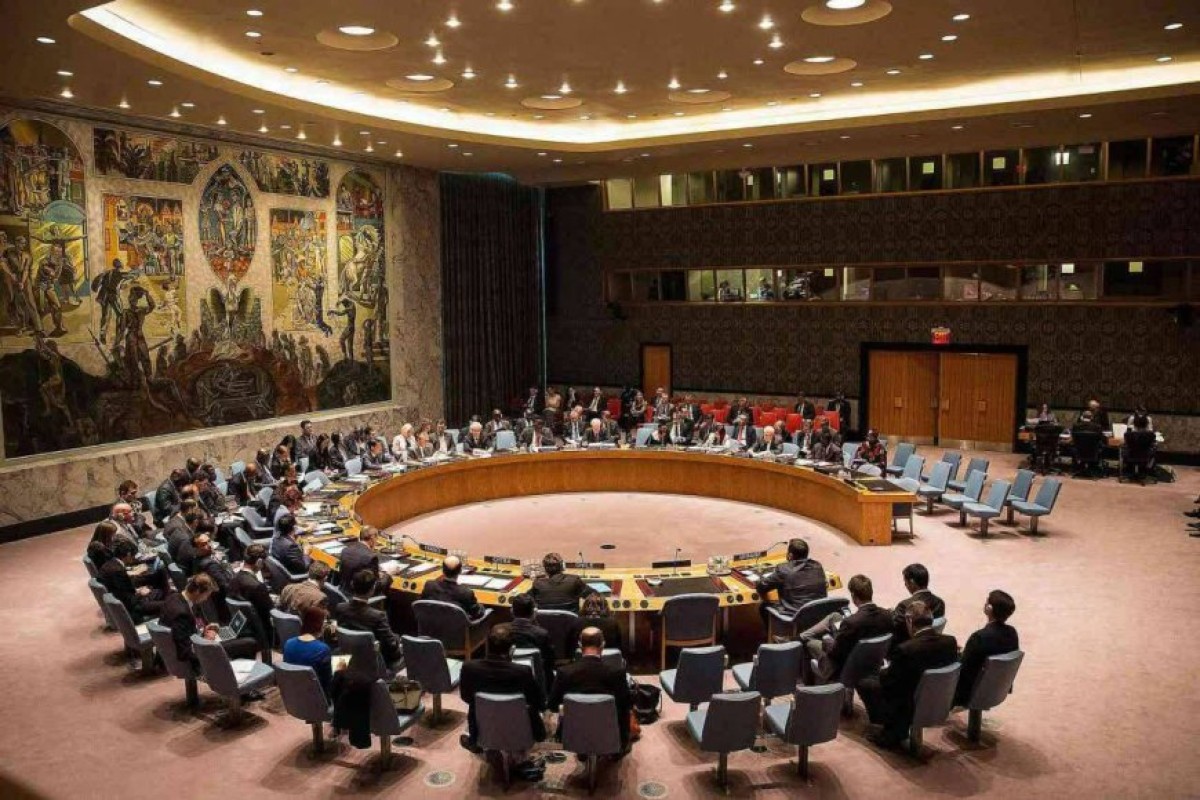 1752
1752
Navigating the UN Security Council's Mechanisms: A Blessing or a Curse?
Navigating the UN Security Council's Mechanisms: A Blessing or a Curse?
By: A. Mahdavi
One of the most salient rationales behind delegating the responsibility for upholding international peace and security to the United Nations’ Security Council lies in its capacity to swiftly and effectively carry out measures in this regard. The theoretical underpinning of this mandate posits that only robust governmental entities equipped with the requisite military might can ensure global peace through the strategic application of power and force, including military interventions.
As the vanguard of peacekeeping efforts, the UN Security Council is duty-bound to first ascertain whether global peace is imperiled, international norms are transgressed, or any act of aggression has transpired. Should these conditions be met in accordance with Chapter VII of its charter, the Security Council may contemplate resolutions, temporary measures, or coercive actions involving the use of military force. Temporary measures are implemented to thwart further destabilization, while coercive actions aim to maintain peace on a global scale.
However, the Security Council, as the paramount pillar of the United Nations, occasionally exhibits inconsistency in decision-making, occasionally resorting to double standards. This variance in approach, often exacerbated by member disagreements and veto deployment, can sow discord and precipitate international crises. While member states generally accept the Council's prerogative to employ coercive force, they vehemently oppose any semblance of duplicity or discriminatory practices.
The enigma of decision dualism raises pertinent questions: Why does such incongruity persist? The Council's members, primarily the permanent ones, tend to prioritize the preservation of the existing international order over the pursuit of global peace. Their decisions are guided by self-interest, with these influential actors creating a legal buffer for their allies to safeguard mutual interests.
A case in point is the recent Security Council meeting convened to address the Israeli regime’s air assault on the Iranian consulate in Syria. Initiated at Russia's behest, this assembly witnessed a stark confrontation between the Russian, French, and British delegates, with the former questioning the conspicuous absence of western condemnation for the terrorist attack. While non-permanent members like Switzerland and Algeria censured Israel's actions, the proposed resolution condemning Israel’s state-sponsored terrorism was vetoed.
Delving into the UN Security Council's failure to reach a consensus on condemning Israel's specific transgression reveals multifaceted dimensions. However, a prevailing concern appears to be the Western bloc's apprehension of losing its hegemony in the Middle East. As the global power dynamics shift and new players emerge, regional security arrangements assume heightened significance in the global order. In response, Western powers seek to consolidate their diplomatic influence to safeguard their interests within evolving geopolitical frameworks.
Following the tumultuous events post-October 7, wherein the Israeli regime egregiously flouted all international laws and conventions, global sentiment towards Israel has markedly soured. Even President Trump cautioned against such recklessness, anticipating the erosion of Israel's standing. A potential defeat for Israel in this conflict could herald a new regional order centered on the Iran-led Axis of Resistance, posing a substantial challenge to the West's notorious hegemony. The West's tacit support of the Israeli terrorist attack on the Iranian consulate in Damascus serves to bolster Israel's aggressive position, albeit at the risk of undermining the UN's credibility and perpetuating a dangerous precedent wherein militarism supersedes peace and diplomacy.
While this strategy may yield short-term gains for the Western powers and their allies, its long-term repercussions could destabilize the international system, fostering an environment where power dynamics dictate actions. Such a paradigm shift would precipitate profound alterations within the global order, ultimately disadvantaging the West and reshaping the geopolitical landscape irrevocably.
 1752
1752
Comment
Post a comment for this article